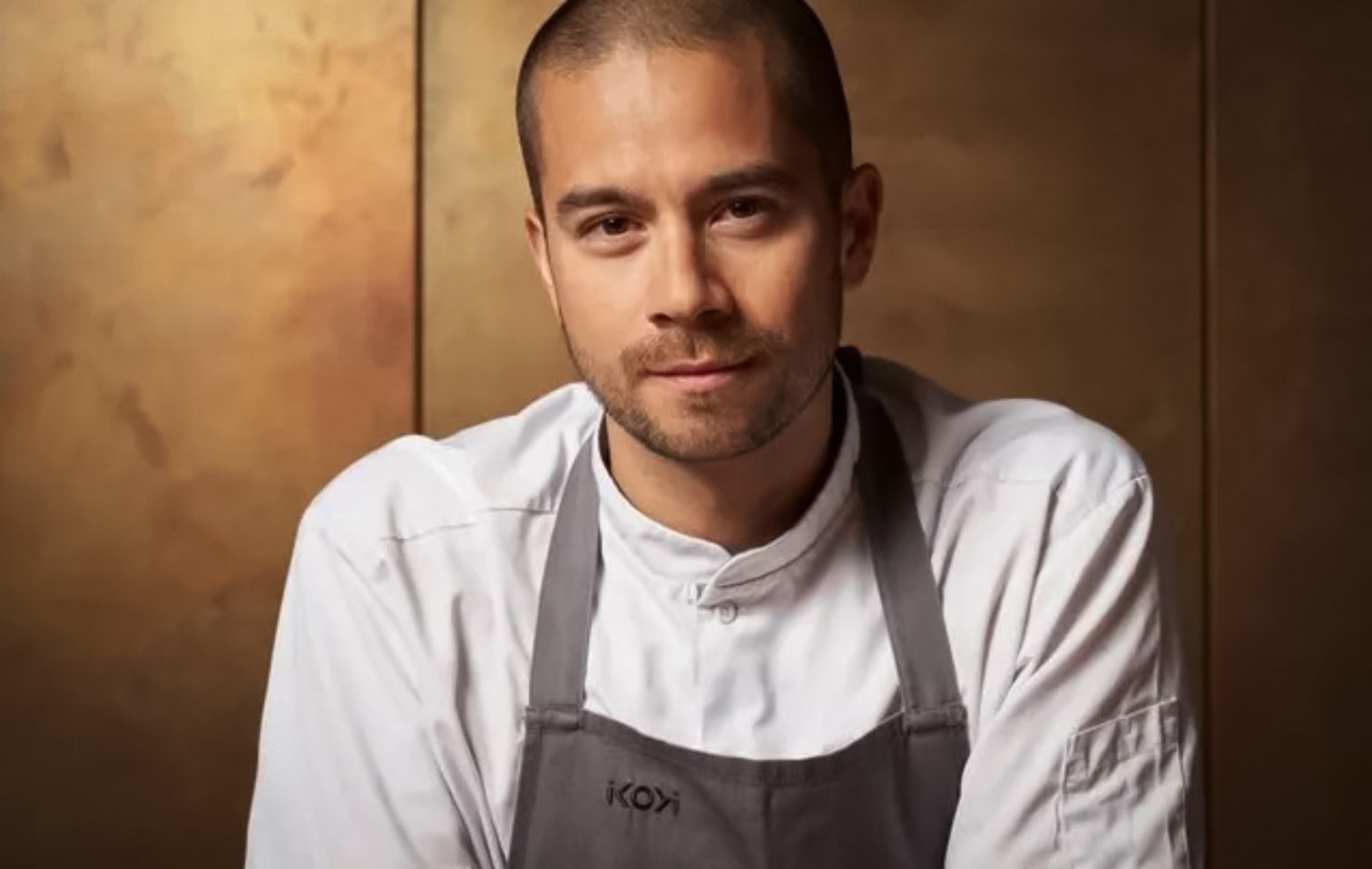“Instagram is destroying originality, customer focus, the ability to feel deep feelings: we are invaded by so many images, trivial and repetitive information. We are so used to seeing media in sequence that we have no room for reflection.” During the Identità Golose conference, Jeremy Chan explained how he sees the future of haute cuisine.
The interview
Jeremy Chan certainly needs no introduction: the two-Michelin-starred chef, on the strength of his 42nd place in the world ranking of the 50 Best, has brought his Ikoyi to the attention of an increasingly wide audience, even conquering the television scene (see his participation in MasterChef Italia) and gourmand readers with a volume of no less than 80 recipes. On the Identità Golose stage, he grabbed the audience's attention with a speech dense with cultural references, as a great fan of movie films. The creative process? According to him, it is often related to the sci-fi atmospheres of art films. The “dream” can indeed unite different worlds, with related international cues to add up on the plate. Here is our exclusive interview at the conference, conducted by David Abbattista.
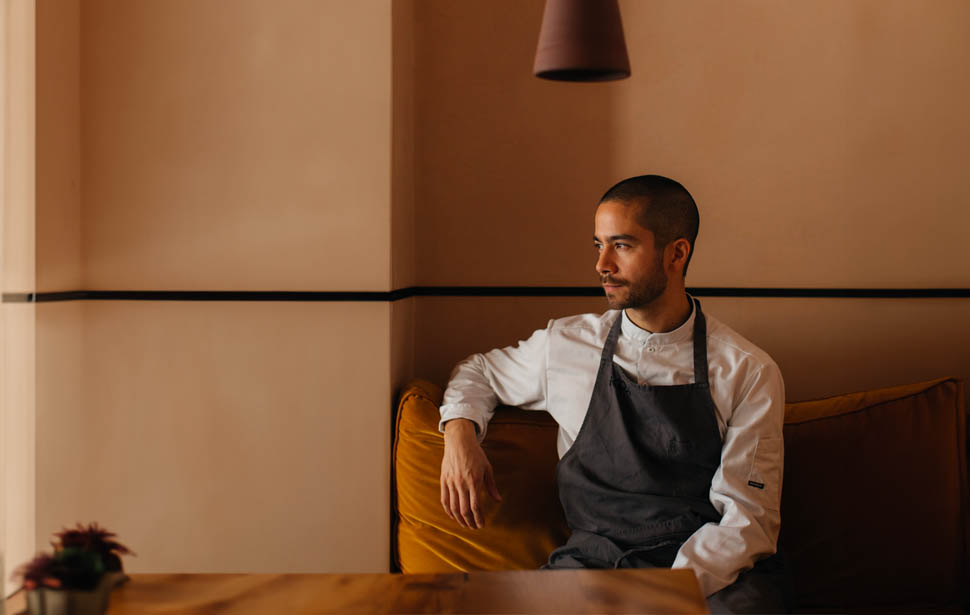
In your lecture at Identità Golose you talked about “capturing the dream,” what exactly does that mean?
I was reading the autobiography of David Lynch: a great director (unfortunately just passed away, ed) whose films I love. I'm actually obsessed with the thought that in order to do something extremely original you need to be in “dreamlike, ” sometimes dark and smoky situations. It's kind of the idea of letting go, capturing different ideas during dreams and dropping into a particular state of mind.
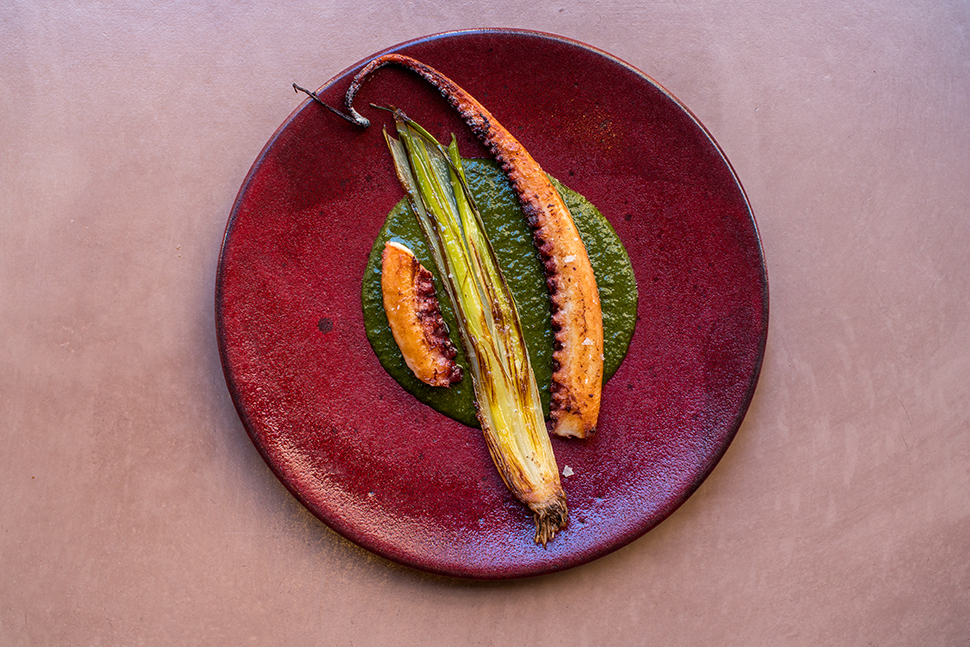
There is a lot of talk in Italy about the fine dining crisis. From your point of view, in the world in general or even in England, what is the situation of fine dining?
Ah, terrible, because Instagram is destroying originality, customer focus, the ability to feel deep sensations: we are invaded by so many images, trivial and repetitive information. We are so used to seeing media in sequence that we have no room for reflection.
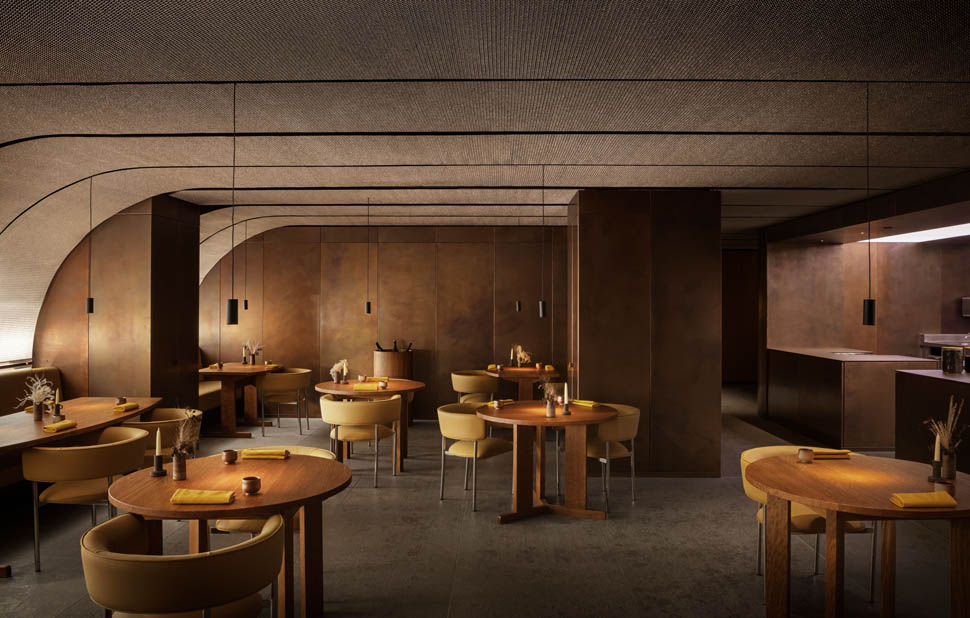
This is a first problem; another crucial node is economic apprehension, world instability and related mass feeding. Each square is different; London, for example remains a very “competitive” city gastronomically, so it is difficult to retain customers while facing modern technological and financial challenges. That is why the fine dining formula, or in general elaborate and ambitious cuisine, struggles to establish itself. Sure, there are investors, private or “institutional.” However, for a young passionate chef to open and run a restaurant is difficult, very difficult in a big city. Maybe in a small town, who knows... But the future for me is dark, we have few prospects for advancement.
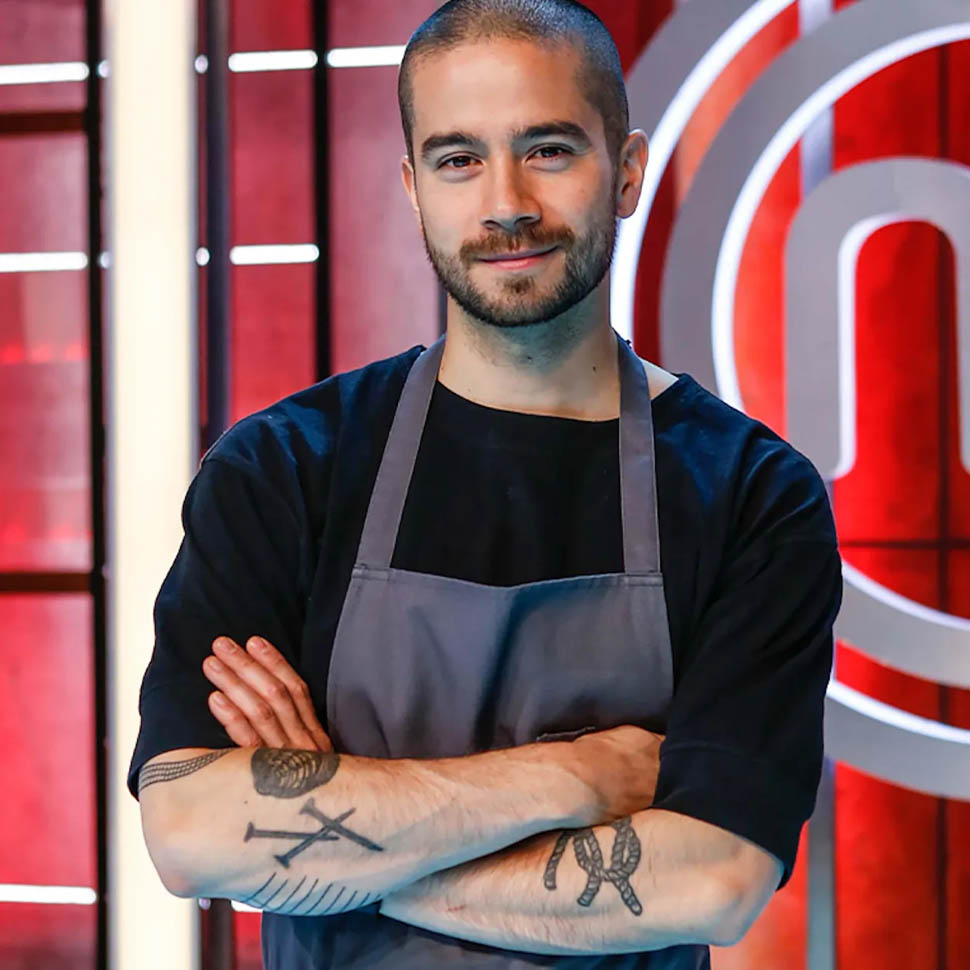
Isn't there a hope, something that makes you think that fine dining will have a brighter future?
My hope is to survive every day, and every day to “push” the restaurant in the right direction. To create a bond of trust with the customer. That is what matters: not technology, not Instagram, but giving our guests wonderful and unforgettable experiences .
